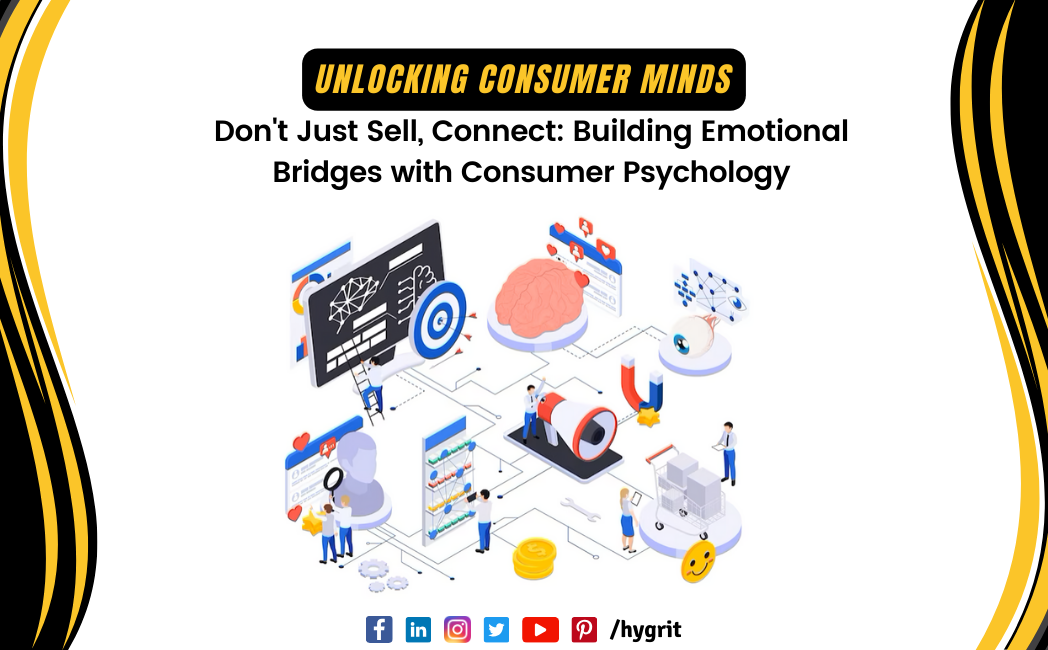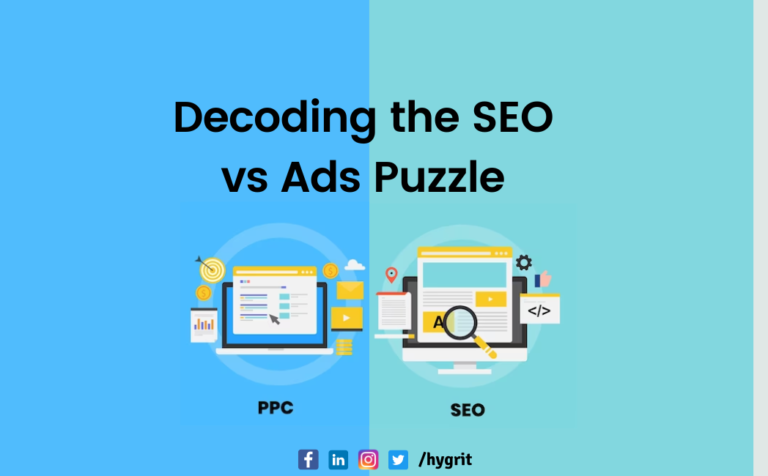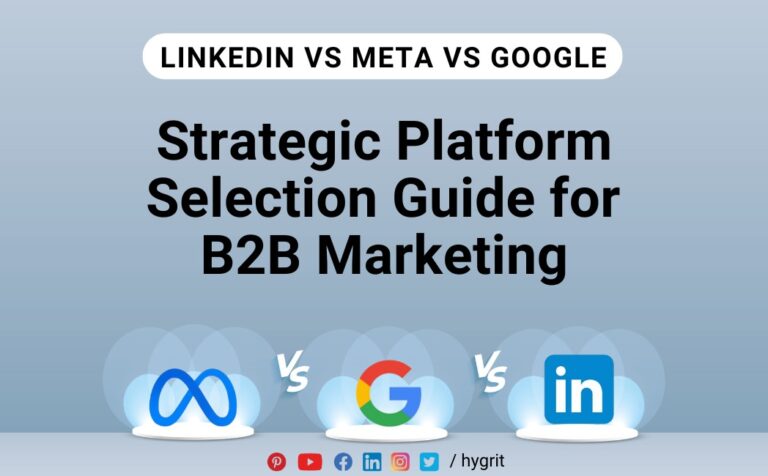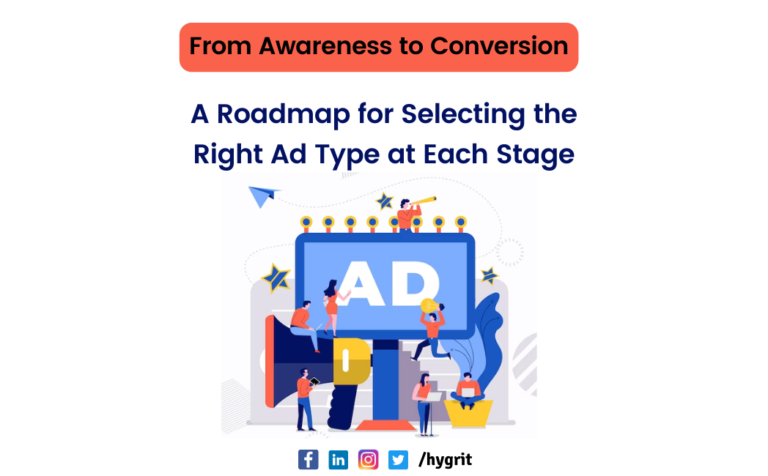In today’s digital landscape, where attention spans are shorter than ever, understanding consumer psychology in marketing is no longer a nicety – it is a necessity. Successful brands are not just selling products; they are tapping into the intricate workings of the human mind to create emotional connections, influence behaviour, and ultimately, drive sales.
So, how can you leverage consumer psychology in marketing for the modern age? Here are some of the most effective tactics:
1. The Emotional Rollercoaster: Harnessing the Power of Feelings
People are emotional creatures. Consumer psychology in marketing recognizes this and uses emotions to build brand loyalty and create a desire for products. Craft marketing campaigns that evoke positive emotions like happiness, nostalgia, or trust. Think heartwarming holiday commercials or feel-good social media content. On the other hand, you can also leverage FOMO (Fear of Missing Out) by highlighting limited-time offers or exclusive products to create a sense of urgency and encourage quick action.
2. Perception is Everything: Building Value Through Cognitive Biases
Our brains are wired to take shortcuts, and consumer psychology in marketing can exploit these cognitive biases to our advantage. For instance, the scarcity principle states that people value things more when they are perceived as limited in quantity. Highlight limited stock or exclusive offers to make your product seem more desirable. Similarly, the anchoring effect suggests that the first price we see influences our perception of value. Use strategic pricing strategies to make your final offer appear more attractive.
3. It is Personal: The Power of Personalization
In 2024 and beyond, generic marketing campaigns just will not cut it. Consumer psychology in marketing emphasizes the importance of personalization. By leveraging customer data and past purchase behaviour, you can tailor messaging and content to individual preferences. Imagine receiving an email with product recommendations based on your browsing history – it feels like the brand “gets you,” right? Personalization fosters a sense of connection and increases the likelihood of conversion.
4. Frictionless Funnels: Optimizing the User Experience
Consumer psychology in marketing goes beyond just ads and campaigns. The user experience (UX) also plays a crucial role. Make your website or app easy to navigate and visually appealing. Consumers who find the buying journey smooth and enjoyable are more likely to convert. Do not forget the power of social proof! Showcase customer reviews, ratings, and testimonials to build trust and encourage hesitant buyers to take the plunge.
Unleashing the Power of the Mind
By understanding and applying these principles of consumer psychology in marketing, you can create marketing campaigns that resonate with your target audience on a deeper level. This translates to increased brand loyalty, improved customer engagement, and ultimately, a boost to your bottom line.
Ready to Leverage Consumer Psychology for Marketing Success?
At Hygrit, we are a team of experts passionate about helping brands unlock the power of consumer psychology. We can help you craft targeted campaigns, personalize your marketing efforts, and optimize your user experience to win over customers and achieve your marketing goals. Contact Hygrit today for a free consultation and see how we can help you write your brand’s success story!




